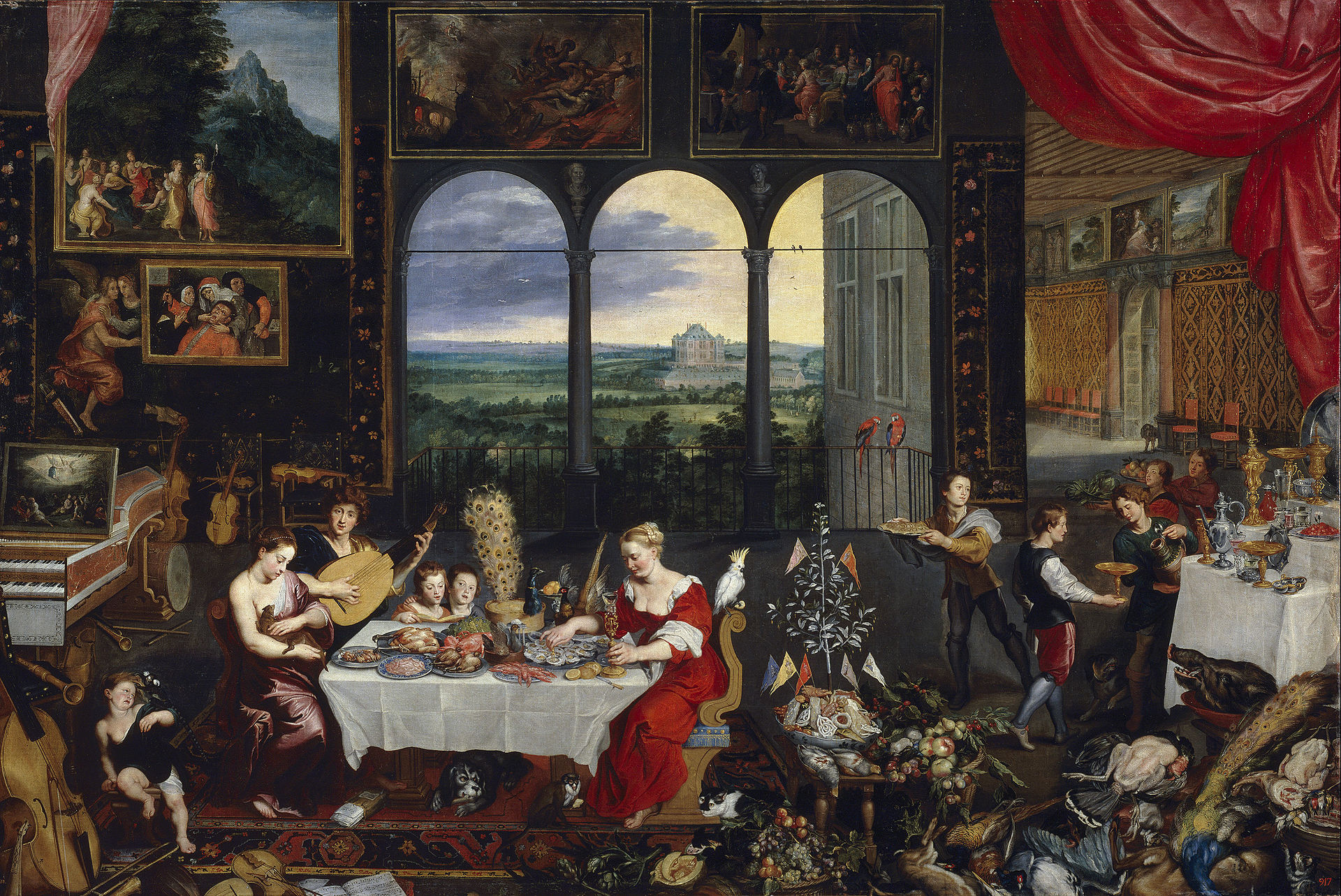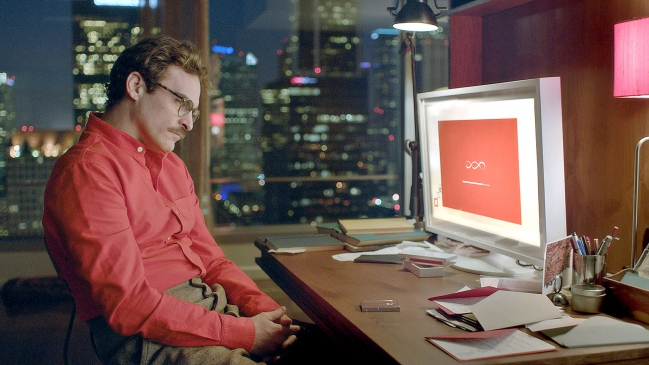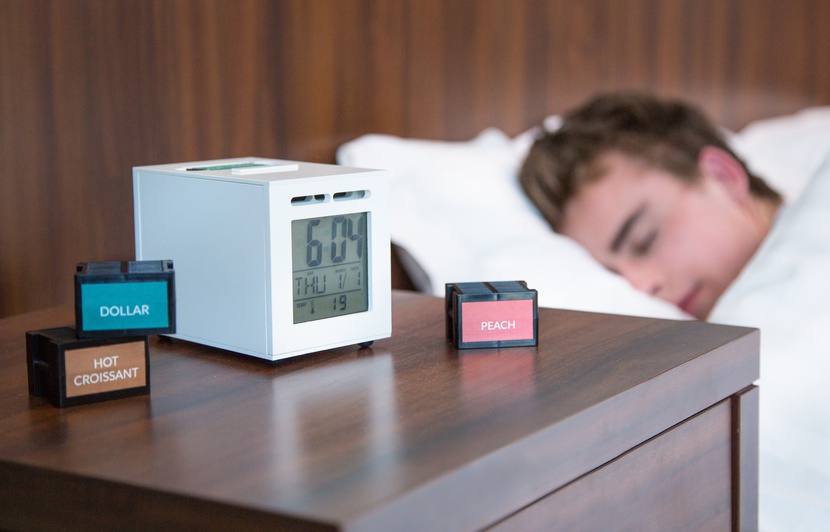The interaction between technology and creation is at the dawn of a new revolution. “Intellectual, imaginative, romantic, emotional. This is what gives sex its surprising textures, its subtle transformations, its aphrodisiac elements,” argues Anaïs Nin in Delta of Venus.
How much longer do we have to wait before an algorithm in seductive apparel exalts our five senses? Spike Jonze partially gave us an answer in his film Her, and Blade Runner 2049 brings desirable artificial intelligence to life.
In the meantime, today’s new technologies are able to speak to all our senses. All fields of application and research are working on imitating the human and its five senses. While hearing and sight are areas of research that scientists have been working on for decades, other senses are now being researched and new innovations are emerging. These include forks that can imitate salt on the taste buds to limit salt consumption, alarm clocks that now emit odors instead of that horrifying “bee-beep” sound, and haptic techniques.



